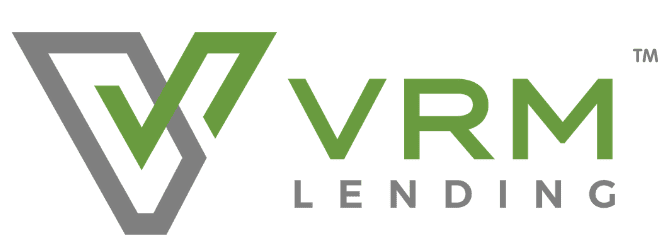What Home Loan is Right for You?

[vc_row][vc_column][vc_column_text] What Home Loan is Right for You? [/vc_column_text][/vc_column][/vc_row][vc_row][vc_column][vc_column_text]When you’re on the home purchasing journey, there are a lot of things to consider. From the finish on your front door all the way to the school districts around your house, home shopping is no joke. However, there are arguably few things as important as securing […]
The 3 Types of Mortgage Pre-Approvals: What You Need to Know

With the VA Vendee™ Loan program, borrowers are given the option to take out on a loan for a house they love without the headache.
What’s in a Closing Cost?

[vc_row][vc_column][vc_column_text] What Does a Closing Cost Include When Buying a Home? [/vc_column_text][/vc_column][/vc_row][vc_row][vc_column][vc_column_text]When it comes to the property buying process, there’s a ton of terminology that needs to be kept in mind. From amortization all the way to contingencies, it’s essentially one vocabulary lesson after the other. As a real estate professional, closing cost is a […]
The Benefits of Buying vs. Renting (At a Young Age)

With the VA Vendee™ Loan program, borrowers are given the option to take out on a loan for a house they love without the headache.
What is the VA Vendee™ Home Loan?

[vc_row][vc_column][vc_column_text] What is the VA Vendee™ Home Loan? [/vc_column_text][/vc_column][/vc_row][vc_row][vc_column][vc_column_text]When you’re looking to buy a home, it’s easy to get distracted and overwhelmed by the many options available to you. Everyone has different advice, each lender has different terms, and it seems like there’s a million directions you can go. How are you supposed to know […]
VRM Lending’s Go-To Home Loan Tips

When it comes to purchasing a home, there’s a vital step that needs to be touched on: taking out the home loan itself. The loan process can be a long (and stressful) one if you choose the wrong servicer, which is why it’s so important to find first-hand knowledge that makes taking out your home loan as painless of a process as possible.
What Does Covid-19 Mean for the Housing Industry?

[vc_row][vc_column][vc_column_text] What Does COVID-19 Mean for the Housing Industry? [/vc_column_text][/vc_column][/vc_row][vc_row][vc_column][vc_column_text]Today is March 18th, 2020, and the world has come to a standstill. As of today, there have been a confirmed number of over 200,000 infected with COVID-19 and over 8,000 deaths around the globe. As this global pandemic increases and spreads from human to human, […]
When It Comes to Real Estate Investments… What’s a good deal?

[vc_row][vc_column][vc_column_text]Real estate investments are a good way to build wealth and have financial freedom. A key part of successful real estate investing is finding the best real estate deals on the market. When purchasing an investment property, clever investors ensure that they are getting a great deal. However, getting a good real estate deal is […]
5 Common Mistakes Short Sale Buyers Make

[vc_row][vc_column][vc_column_text] 5 Common Mistakes Short-Sale Buyers Make Skipping the home inspection. Ignoring property problems. Ignoring legal and insurance information. Leaving too little time for closing. Falling hard for a bad home. Know what you’re getting into before you buy a short sale or foreclosure property, and be watchful of these five common mistakes. 1. Skipping […]
What the Fed’s Emergency Rate Cut REALLY Means for Mortgage Rates and Borrowers

[vc_row][vc_column][vc_column_text] What the Fed’s Emergency Rate Cut REALLY Means for Mortgage Rates and Borrowers [/vc_column_text][/vc_column][/vc_row][vc_row content_placement=”middle”][vc_column width=”2/3″][vc_column_text]The world has been launched into an unprecedented time of global uneasiness, scrambling for new information, and historic decisions with the spread of the new coronavirus. In the midst of all this craziness, it is not only the spread […]
